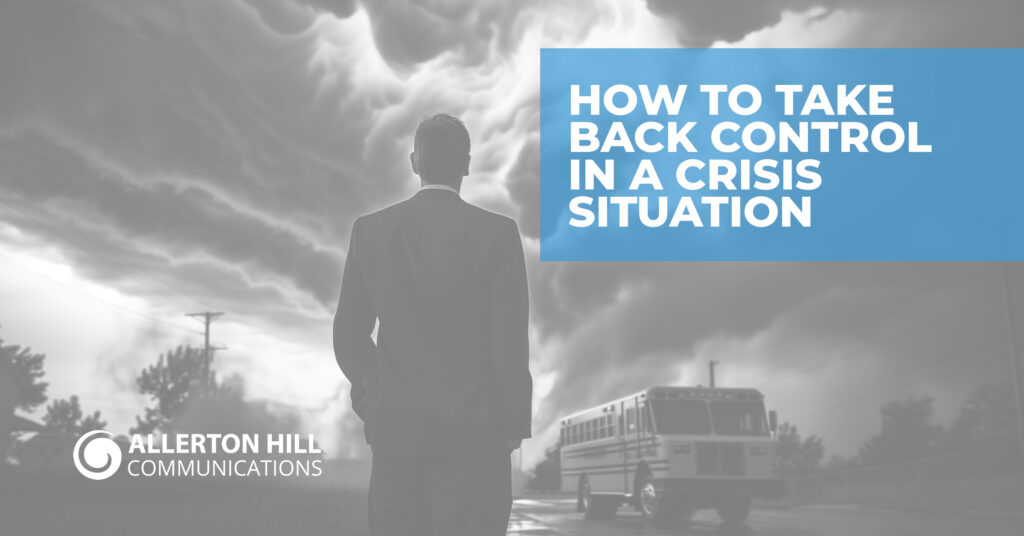If you’ve been a school leader for any length of time, you know that a crisis is bound to hit your district. Whether a swatting hoax like those that have plagued districts across multiple states over the past few months, or a gas leak, you also know that nearly every aspect of a crisis is out of your hands. However, in the midst of chaos, there are steps you can take to regain control and guide your district through the storm. It’s possible to come out of a crisis stronger, with more community trust and confidence.
Here are three essential steps for taking back control when a crisis hits:
1. Establish Clear Communication Protocols
In times of crisis, effective communication is your most powerful tool. Start by establishing clear communication protocols well in advance. Ensure your team knows who is responsible for what, how information will be disseminated, and what channels will be used. Keep your language professional, straightforward, and, most importantly, caring.
Reiterate these protocols to your team as soon as the crisis occurs. Person A will handle the draft, Person B will approve, and Person A will hit send when the time is right. Meanwhile, Person C will liaise with law enforcement or safety officials and relay relevant information.
During a crisis, it’s crucial to provide regular updates to all stakeholders, including students, parents, staff, and the community. Address their concerns and provide accurate information promptly. It’s okay to acknowledge you may not have all the answers; reassure your audience they will hear from you again. Remember, transparency builds trust.
2. Prioritize Student Safety and Well-being
While you may not have control over the crisis itself, you do have control over how you prioritize the safety and well-being of your students. Ensure that your emergency response plan is up-to-date and that all staff members and students are well-trained in executing it.
Demonstrate genuine care for staff and students by acknowledging their fears and anxieties during a crisis. Offer support and resources to help them cope after the situation is resolved. This compassionate approach will go a long way in reassuring parents and the community.
3. Collaborate With External Agencies
In many crises, collaboration with external agencies is essential. Reach out to local law enforcement, fire departments, and other relevant organizations. Work together to assess the situation and make informed decisions.
Remember, ensure communication is open and transparent, prioritize the safety and well-being of your staff and students, and be a team player, and you will have a winning recipe for managing a crisis well.



